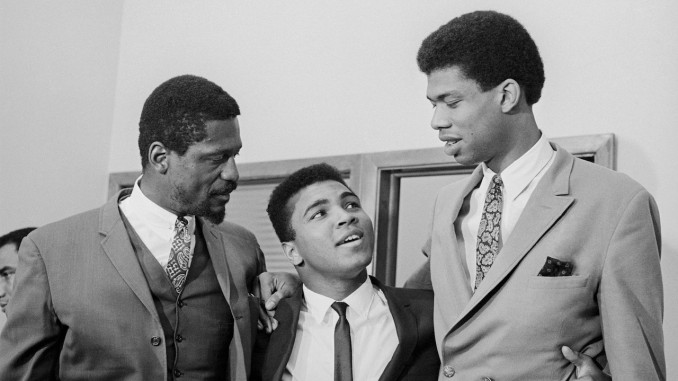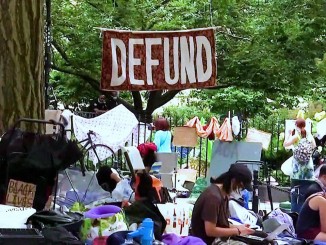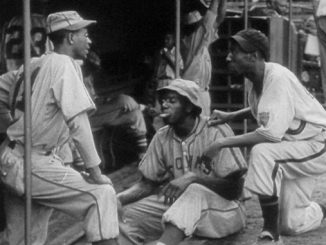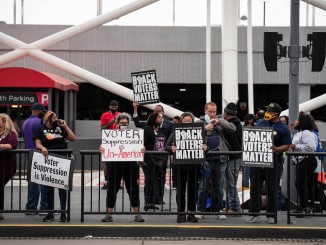
Bill Russell, considered one of the greatest basketball players ever to live, passed away on July 31st at the age of 88. He is best known for his dominant defending and impact in the basketball world, but is equally admirable for his actions off the court.
Russell was born and raised in Monroe, Louisiana until the age of 8. He spent the rest of his youth in Oakland, California, where he attended McClymonds High School in West Oakland and honed his basketball talents. Following graduation, he played for the University of San Francisco, where he led the team to two NCAA championships.
Standing 6’10” tall with a 7’4″ wingspan, Russell spent his entire professional playing career playing center for the Boston Celtics, leading them to become a powerhouse dynasty that won a record 11 championships over 13 years in the 1950’s and 60s. On top of holding the all-time record of 11 NBA championships, he holds the all-time record of 5 “most valuable player” awards, had an average of 22.5 rebounds per game and is believed to hold the record for shots blocked and more. In 1956, he led the U.S. men’s team to win an Olympic championship. In the final three years of his career as a player, Russell broke barriers while simultaneously becoming the first Black NBA coach when he took over the position for the Celtics. His leadership as a player/coach earned the Celtics two championships in his last three years.
When individual and team accomplishments are added up, there aren’t many basketball players in the past or today that belong in the same conversation as Bill Russell.
As remarkable as Russell’s impact was as an athlete, his impact on the world was much more, particularly in relation to the Black freedom movement that developed during his lifetime. Despite being such a dominant player and bringing sports glory to Boston, he and his family were still confronted with racist hostilities. Many white Celtics fans would complain that there were “too many Black players on the team.” This hostility took the form of taunting on the court, or people breaking into his home and writing racist slurs on the walls. In Boston and elsewhere, he often got followed and profiled by the cops. These experiences led him to call Boston a “flea market of racism.” Feeling so disrespected by the city in general, he initially refused to show up to the ceremony when the team retired his number in 1972.
While Boston might have had a concentration of bigotry, it certainly wasn’t the only place that he and his family confronted it. In travelling on the road day and night to other cities for away games, they knew that they couldn’t rest because hotels and restaurants would not serve them. In spite of all of this, he refused to be intimidated.
Russell also was very much connected to the struggles of the time and fearlessly used his voice to advocate for a just society. In 1961, he and four other Black players refused to play a game in Kentucky after they had been refused service in a cafe. In 1963, he participated in the March on Washington for Jobs and Justice alongside Martin Luther King and others. When Muhammad Ali refused to be drafted into the Vietnam war, Russell spoke out in support of Ali. He faced death threats for his outspoken stance against injustice. His courage to stand up and speak out against the horrors of this society inspired other athletes like Kareem Abdul-Jabbar to use their voices as well.
More recently, in 2017, Russell posted a photo that went viral of himself taking a knee while wearing his Presidential Medal of Freedom in support of NFL quarterback Colin Kaepernick and other athletes who had been protesting the racism and brutality of the police. When asked about the photo, he explained: “What I wanted was to let those guys know I support them. I wanted them to know they are not alone.” And following the murder of George Floyd in 2020, he spoke out against racism and police brutality. In addition, when NBA players went on strike to protest the shooting of Jacob Blake in Kenosha Wisconsin, he lent his voice in support of their efforts.
His impact in the basketball arena will continue to be a source of inspiration for any young athlete aspiring to be great. And his lifelong stance against the injustice of this society will forever remain an inspiration for anyone fighting for a better world. His voice will be missed.




